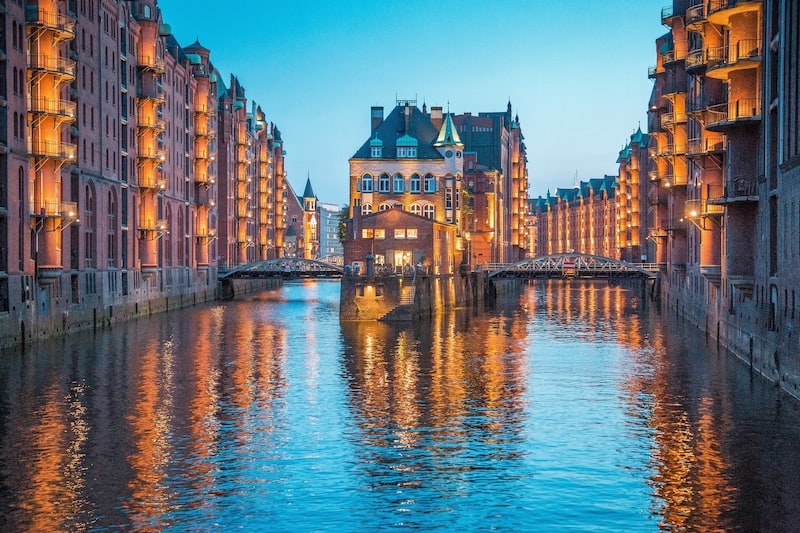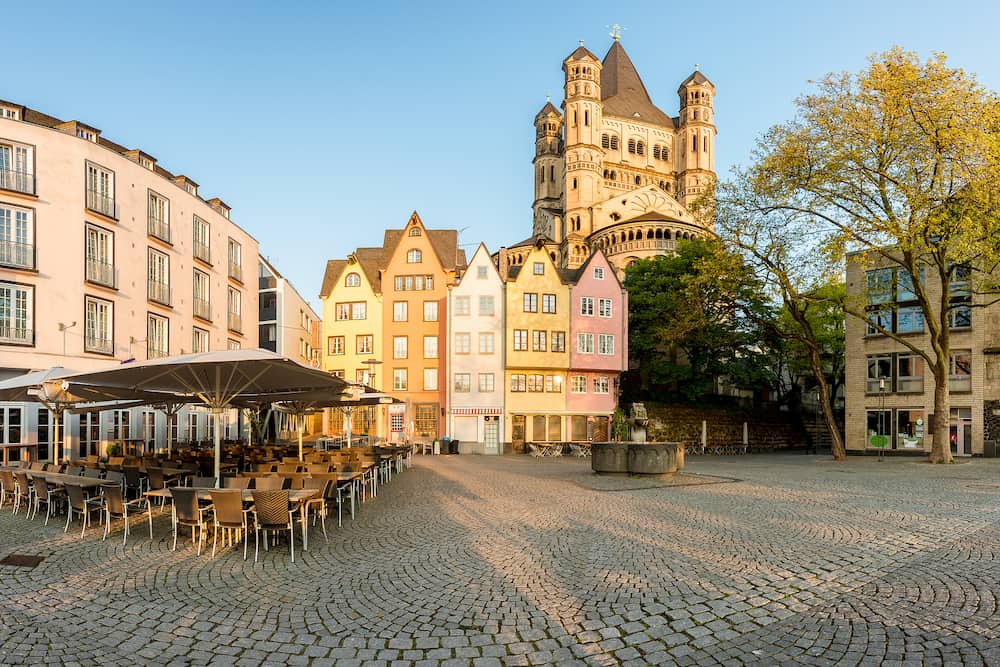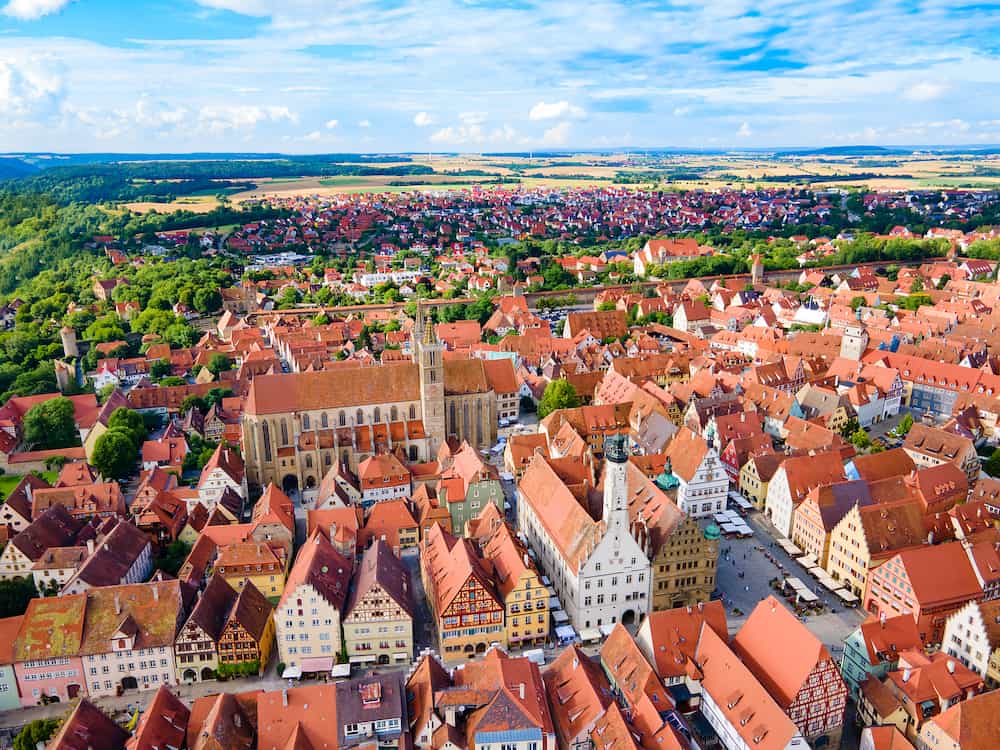16 of The Most Instagrammable Places in Germany & who to follow!
Each month we will be featuring some of the best Instagram photos from around the world. Today we are featuring Best Instagram photos in Germany.
Please follow and support these amazing photographers and travellers who often have an amazing perspective on everyday places.
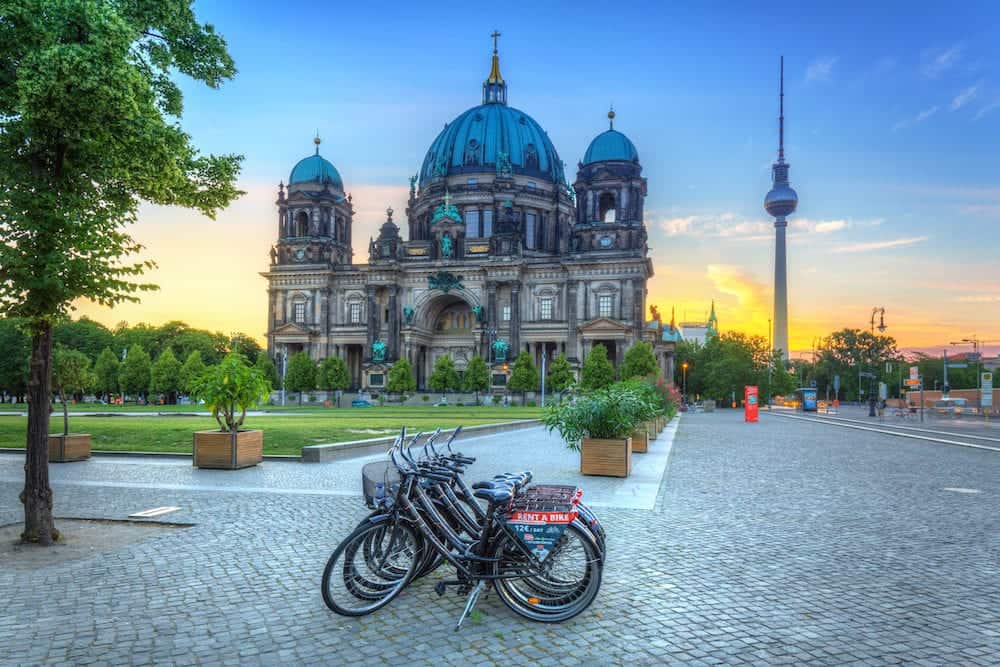
Germany is a Western European country with a landscape of forests, rivers, mountain ranges and North Sea beaches. Berlin, its capital and is home to art and nightlife scenes. The Brandenburg Gate and many sites relating to WWII are featured in Berlin.
Munich is known for its Oktoberfest and beer halls, including the 16th-century Hofbräuhaus. Frankfurt, with its skyscrapers, houses the European Central Bank. Germany is also very well known for is numerous amazing Castles, we will feature a few throughout this article.
Plan your trip?
Avoid hidden fees in the exchange rate while withdrawing from millions of ATMs abroad, paying in restaurants and shops, and buying your accommodation and flights using the Wise Card. You can hold up to 40+ currencies at once to spend in in over 150 countries, and convert them in real time with the free Wise app.
Need help planning your trip from start to finish? Check out these helpful links:
- Cheap flights
- Savings on accommodation from hostels to luxury hotels
- Affordable car rental options
- Affordable sightseeing tours and day trips
- Travel Adapter – All in one so you don’t have to carry a bunch around
This post contains some affiliate links for your convenience. Click here to read my full disclosure policy. You can also read our content/editorial policy here.
Wernigerode
Wernigerode is a town in central Germany. This town is characterized by its half-timbered houses, including the medieval Town Hall and the leaning Crooked House. On the outskirts, Wernigerode Castle houses a museum and has views of the town.
Burgk Castle
Burgk Castle on the River Saale in the county of Saale-Orla-Kreis in the Thuringian Highlands of Germany which, today, houses a museum that portrays the princely lifestyle of years gone by.
Schnoor Bremen
Schnoor is a neighbourhood in the medieval centre of the German city of Bremen. It is the only part of it that has preserved a medieval character.
Neuschwanstein Castle
Neuschwanstein Castle is a 19th-century Romanesque Revival palace on a rugged hill above the village of Hohenschwangau near Füssen in southwest Bavaria, Germany. Its one of the most popular German castle, visited by approx 1.3 million people a year.
Dresden, Germany
Dresden is the capital city of the eastern German state of Saxony. The city was completed in 1743 and then rebuilt after WW2, the baroque church Frauenkirche is famed for its grand dome and the Versailles-inspired Zwinger palace houses museums exhibiting masterpieces of art like Raphael’s “Sistine Madonna.”
Erfurt, Germany
Erfurt is a city in Thuringia (central state in Germany). Next to the cathedral is the Gothic Church of St. Severus. The Krämerbrücke bridge has medieval houses and shops, and stretches over the Gera River.
Bamberg, Germany
Bamberg is a town in northern Bavaria, it’s laid out over 7 hills where the Regnitz and Main rivers meet. Its old town preserves structures from the 11th to 19th centuries. The Romanesque Bamberg Cathedral, begun in the 11th century, features 4 towers and numerous stone carvings.
Drachenburg castle
Schloss Drachenburg (also known as Dranchenburg Castle) is a private villa palace, constructed in the late 19th century. It was completed in only two years on the Drachenfels hill in Königswinter, a German town on the Rhine near the city of Bonn.
Hanover, Germany
Hanover is the capital city of the German of Lower Saxony. The red-brick Gothic Market Church and the Old Town Hall stand among half-timbered houses in the rebuilt old town. The ornate New Town Hall has views from its dome and 4 different scale models of the city through the ages.
Hohenzollern Castle
If you think Neuschwanstein Castle is amazing, you have to check out Hohenzollern Castle! Hohenzollern Castle is on the third of three hilltop castles on the site, which is located atop Mount Hohenzollern on the edge of the Swabian Jura. Hohenzollern was completely destroyed in 1423 after a ten-month siege by the free imperial cities of Swabia. By the end of the 18th century it was thought to have lost its strategic importance and gradually fell into disrepair, leading to the demolition of several dilapidated buildings. The final castle was built between 1846 and 1867 as a family memorial.
Berlin
Berlin is the capital of Germany and dates back to the 13th century. Reminders of the city’s turbulent 20th-century history include the Holocaust and the Berlin Wall’s remains. The city’s also known for its art scene and modern landmarks like the gold-colored, swoop-roofed Berliner Philharmonie, built in 1963.
Cologne
Cologne is a 2,000-year-old city spanning the Rhine River in western Germany. A very famous landmark is the twin-spired Cologne Cathedral is also known for its gilded medieval holy relics and sweeping river views, its a must see when visiting Cologne.
Marburg
Marburg is a German town north of Frankfurt. The Alstadt, or old town, includes half-timbered houses and the hilltop Landgrafenschloss, a castle with exhibits on sacred art and regional history.
Schwäbisch Hall
Schwäbisch Hall is a town in the German state of Baden-Württemberg. The town is located in the valley of the Kocher river in the north-eastern part of Baden-Württemberg.
Königssee, Bayern
Schönau am Königsee is a municipality in the district of Berchtesgadener in the German state of Bavaria (it’s a bit of a mouthful!). It is located at the northern end of the Königssee lake.
Rakotzbrücke
The Azalea and Rhododendron Park Kromlau is a 200-acre landscaped park in the municipality of Gablenz, Germany. It was built in the 19th century. The park is an example of an English garden and has many small ponds and lakes
So… what are you waiting for!?! Start following these awesome Instagrammers and send them some love!
If you’d like to save it for later, please save it to Pinterest.
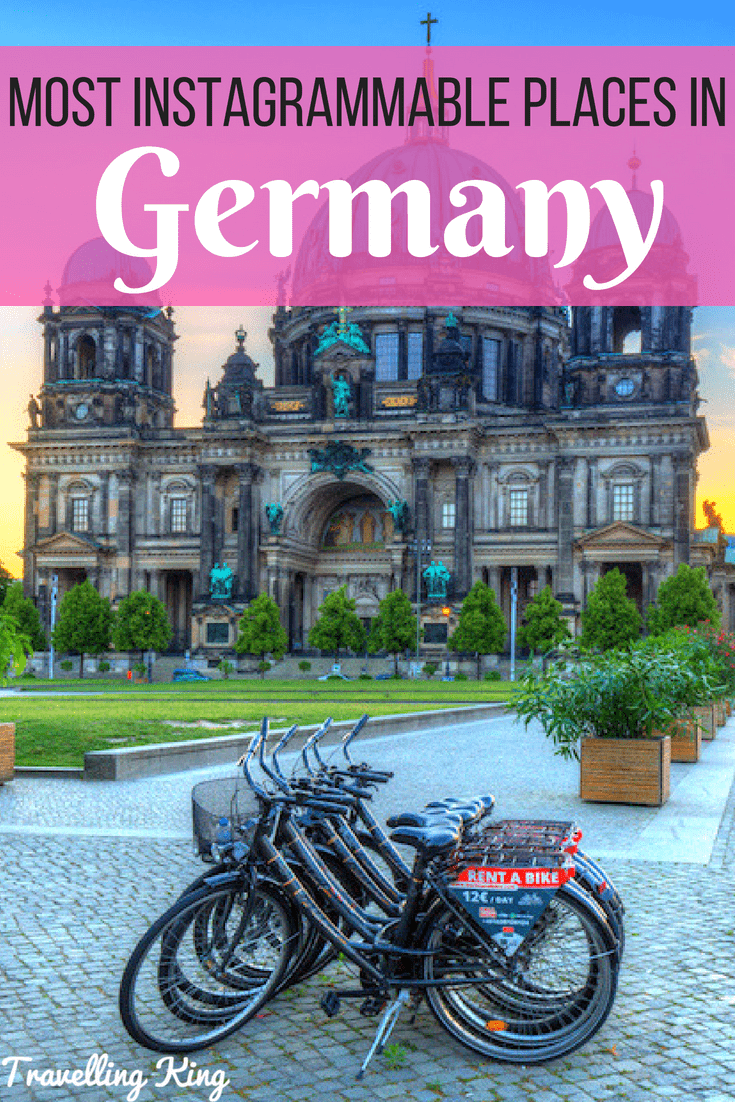



![Where to stay in Rothenburg [Best Places to Stay for 2024]](https://www.travellingking.com/wp-content/uploads/2019/09/Rothenburg-Classic-view-of-the-medieval-town-of-Rothenburg-ob-der-Tauber-illuminated-in-beautiful-evening-twilight-during-blue-hour-at-dusk-Bavaria-Germany.jpg)
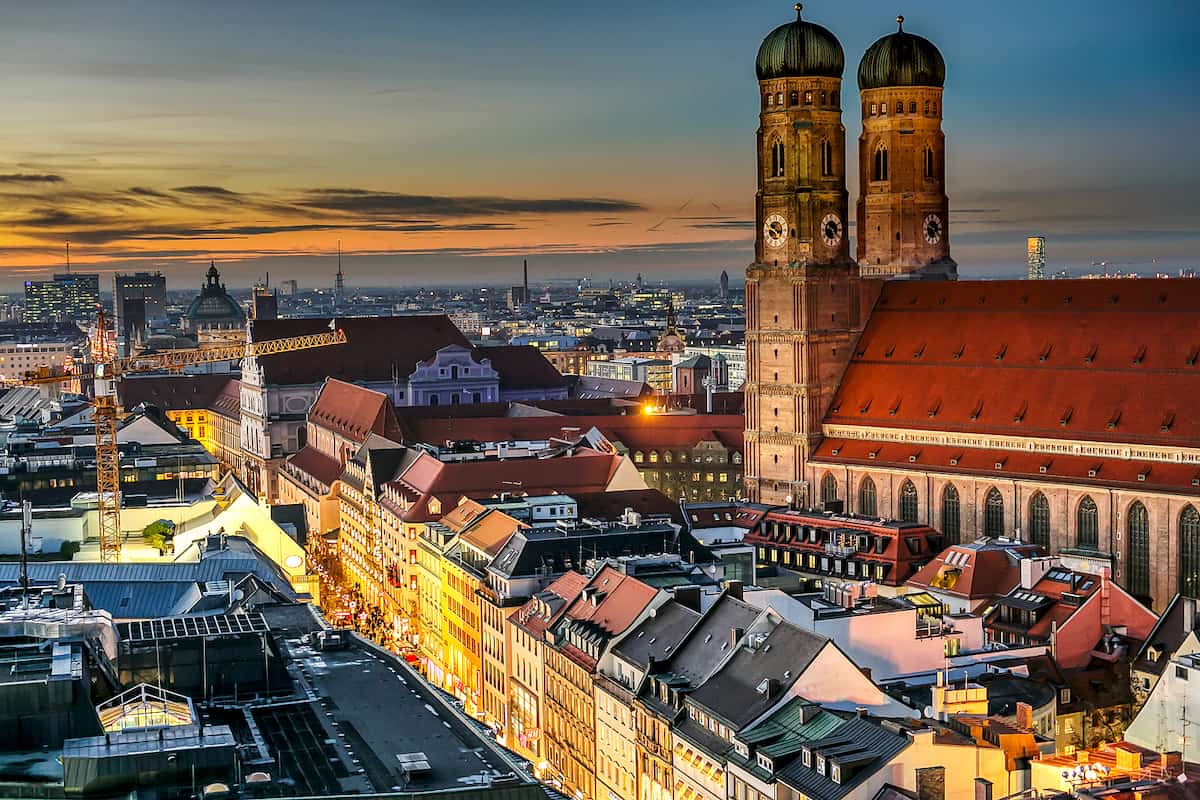
![Where to Stay in Aachen [Best Places to Stay for 2024]](https://www.travellingking.com/wp-content/uploads/2023/02/Aachen-Tourists-on-foot-Street-in-Aachen-Germany.-.jpg)
